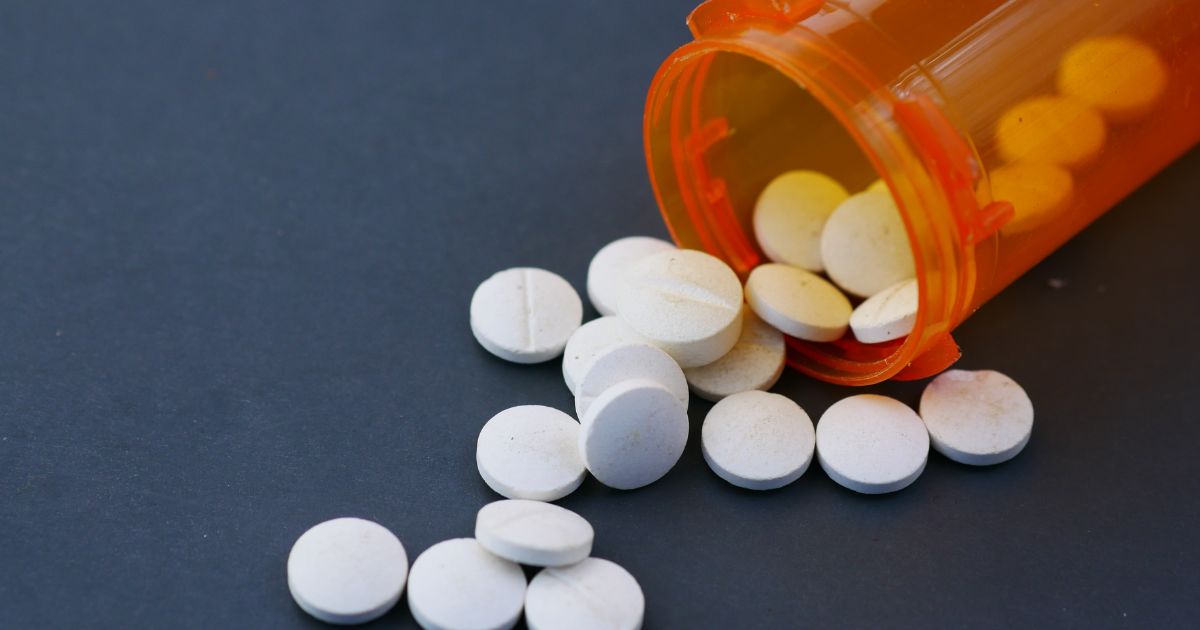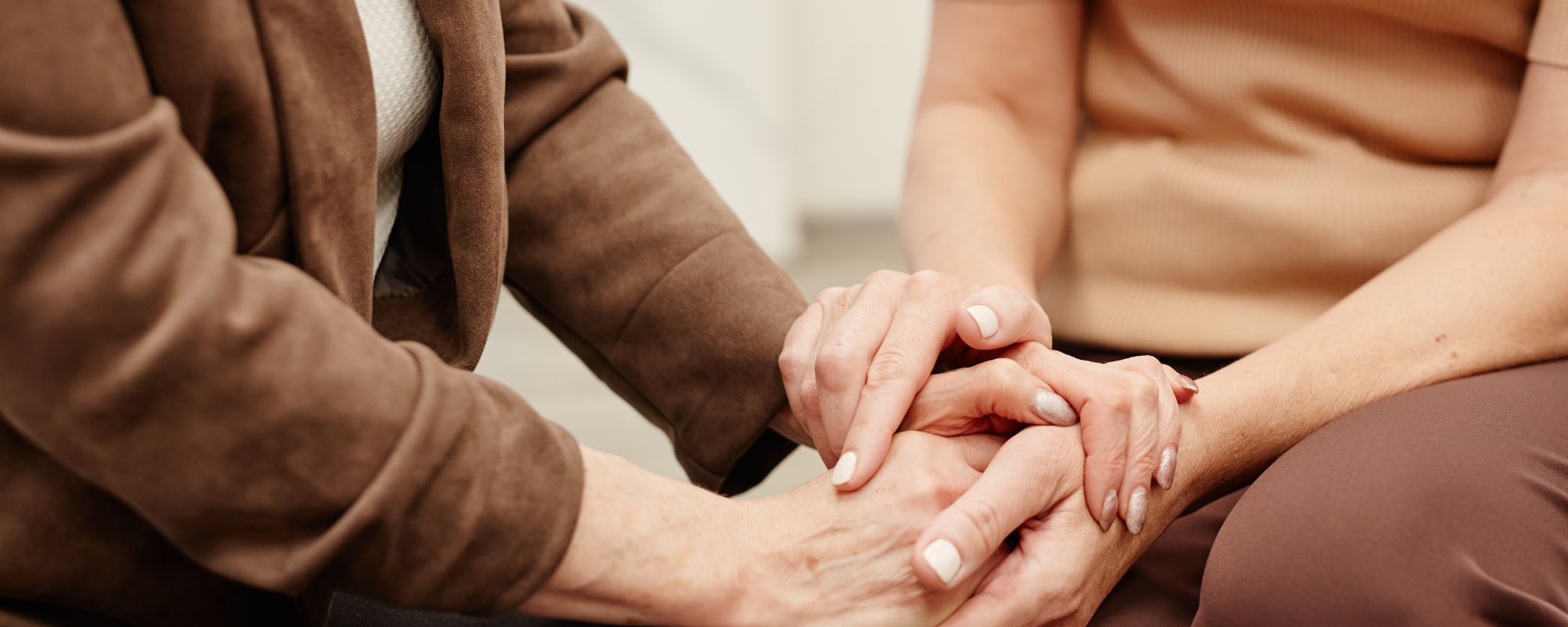Who is Using Marijuana?
Marijuana is the most abused drug in the United States, with 37.6 million users in the past year. Marijuana isn’t just a “kid’s drug” anymore, with research gathered from NYU’s Langone Health Center showing that 9% of adults ages 50-64, and almost 3% of adults 65+ years old have used marijuana in the past year. These numbers are steadily increasing. Health Day reporter Dennis Thompson says “It’s double the percentage of those aged 50 to 64 who reported marijuana use a decade ago (4.5 percent), and more than seven times the percentage of adults aged 65 and older who reported use back then (0.4 percent), the researchers noted.” Survey data gathered also showed that those who smoked marijuana were also more likely to report alcoholism, nicotine dependence, cocaine use and misusing prescription painkillers.
Marijuana Legalization
With marijuana being legalized in many states, the substance is seen as generally harmless when that is not the case. Marijuana may not cause physical signs and symptoms of dependence, but the substance has a massive impact on psychological dependence. It is possible to become addicted to marijuana, as it possible to become addicted to any substance— regardless if that substance is available legally or not. Just because a substance is legal to use, does not make it safe— look at cigarettes for example.
Even with the legalization of marijuana happening in many states, the taxes reaped from this industry “will not pay for the health consequences and treatment for people who become addicted” says Emily Feinstein, Executive Vice President of the Center on Addiction.
Is Marijuana Addictive?
Marijuana is famously regarded as being not addictive, but this claim is completely untrue. The Centers for Disease Control and Prevention actually states that about 1 in 10 marijuana users will become addicted to marijuana. For marijuana users who began using under the age of 18, the number of users who get addicted rises to 1 in 6.
The Centers for Disease Control and Prevention also makes clear that people of any age, sex, or economic status can become addicted to marijuana. Many factors can impact the likelihood of a substance use disorder, including: family history, co-occuring disorders, peer pressure, loneliness, lack of family involvement, drug availability, and socioeconomic status.
Some signs that you may be addicted to marijuana include: unsuccessful efforts to quit using, giving up important activities with friends and family in favor of using marijuana, using marijuana despite it causing problems fulfilling everyday jobs at home, work or school.
People who are addicted to marijuana are more susceptible to its negative consequences, like issues with attention, memory, and learning.
Health Effects
Marijuana has many health effects on the brain and body. For instance, marijuana use directly affects the brain— specifically memory, learning, attention, decision making, coordination, emotions, and reaction time. Marijuana also affects brain development, especially given that our brains are not done developing until about the age of 25.
This drug may reduce ability to pay attention, ability to retain or remember information, and other learning functions. Marijuana’s effect on these cognitive functions can be long term or even permanent. Using marijuana can also have a negative impact on heart health, as using marijuana quickens the heartbeat. Marijuana can lead to an increased risk of stroke and heart disease, especially for users who smoke the substance.
Smoking marijuana allows for harmful substances to be ingested through the smoke, including a lot of the same substances found in tobacco smoke, which affect the lungs and cardiovascular system. Marijuana smoke can contain toxins, irritants, and carcinogens also found in tobacco smoke. Smoking any form of marijuana can harm lung tissues, causing scarring and damage to small blood vessels. Smoking marijuana can increase your risk of bronchitis, cough and producing phlegm.
Marijuana’s Effect on Mental Health
Frequent use of marijuana can cause disorientation, unpleasant thoughts or feelings of anxiety and paranoia. Marijuana users are also much more likely to develop temporary symptoms of psychosis like being out of touch with reality, having hallucinations and extreme paranoia. Also, marijuana users are significantly more likely to develop long term mental disorders. Using marijuana has been linked with depression and anxiety.
Treatment
Seeking addiction treatment for marijuana use is not something to be ashamed of. Marijuana is just like any other drug addiction, as it effects the mind, body, and spirit of users. Royal Life Centers treats a marijuana addiction with comprehensive treatment options. Our philosophy is holistic, as we treat the mind, body, and spirit. Addiction recovery requires intensive therapies and learning tools to build a happy, healthy, and successful life in sobriety. We use individual therapy sessions, group therapies, adventure therapy, activity therapy, and equine therapy to facilitate therapeutic healing. Part of our process includes using therapy to uncover the root cause of your substance use, providing opportunities to heal and giving you access to new healthy ways to manage obstacles and emotions. Marijuana addiction treatment is no different than treated another drug or alcohol addiction.
Our Treatment Options
Despite marijuana withdrawal not producing extreme physical effects, there is a psychological withdrawal from discontinuing marijuana use. Our medical detox services can address the impact removing marijuana from the system can have on your mental health. Royal Life Centers offers a wide variety of treatment options to address an addiction to marijuana. Our treatment programs were designed to follow guests through the stages of recovery process. Royal Life Centers offers services including: medical detox, a residential inpatient program, a partial hospitalization program (PHP), an intensive outpatient program (IOP), an outpatient program (OP), sober living and graduate housing.
All of our treatment options offer immense support , behavioral therapies, and allow guests to take a front seat in their journey of recovery. Upon arrival to our facilities, guests will be given both a case manager and a primary therapists. Guests will work with their case manager and therapist when developing their treatment plan, making sure to tailor the plan to specifically meet their personal needs and goals. Guests are able to build a treatment plan, choosing from group therapy topics that range from grief and loss to how to prevent a relapse. Our treatment programs can span from short term to long term, depending on your needs and goals.
Batalla A, Bhattacharyya S, Yücel M, et al. (2013). Structural and functional imaging studies in chronic cannabis users: a systematic review of adolescent and adult findings. PloS One. 8(2):e55821. doi:10.1371/journal.pone.0055821.
If you or someone you know is struggling with a marijuana addiction, please reach out to our addiction specialists toll free at (877)-RECOVERY or (877)-732-6837. Our team is available to take your call 24/7. Because We Care.









